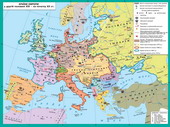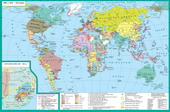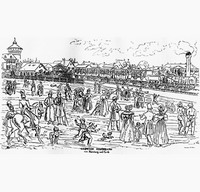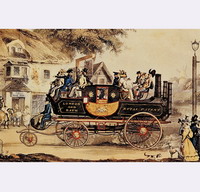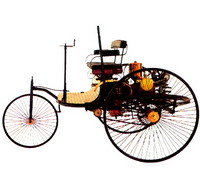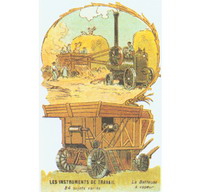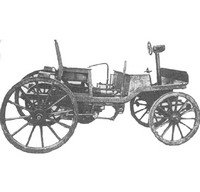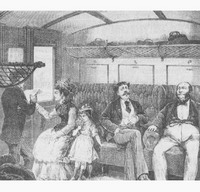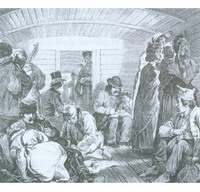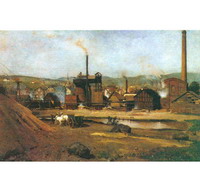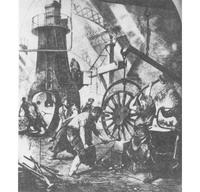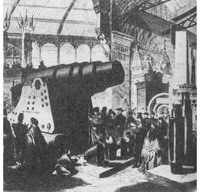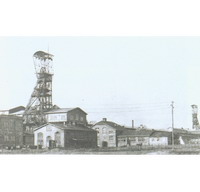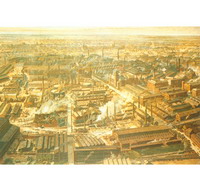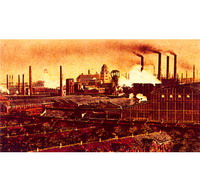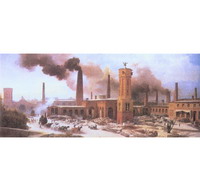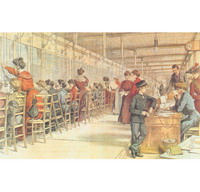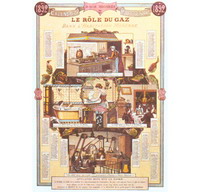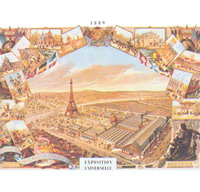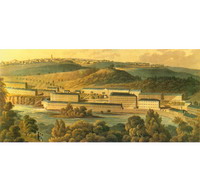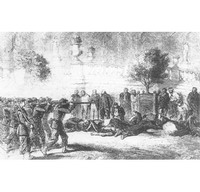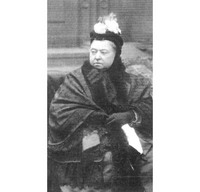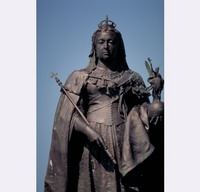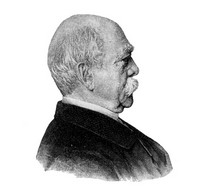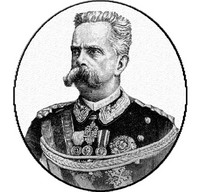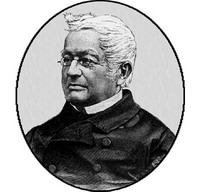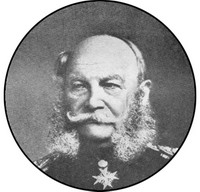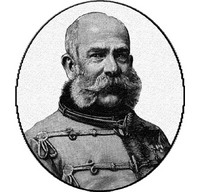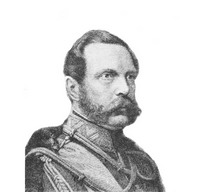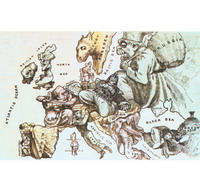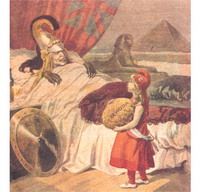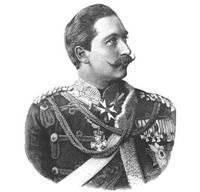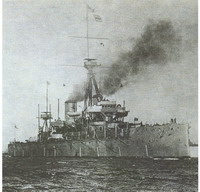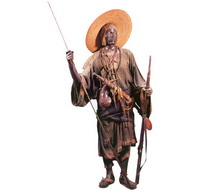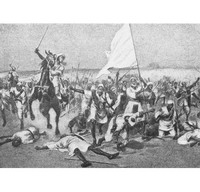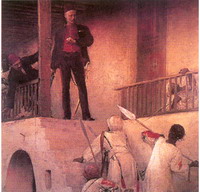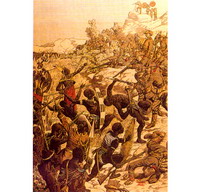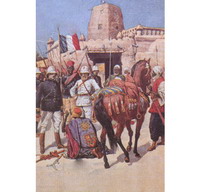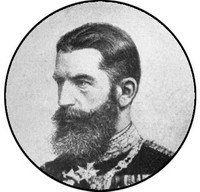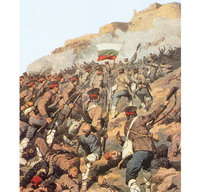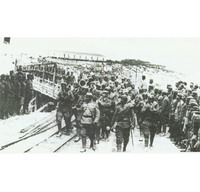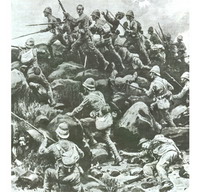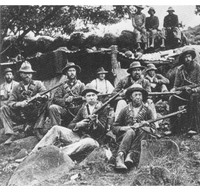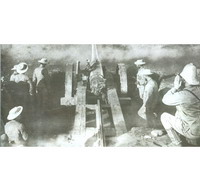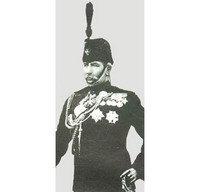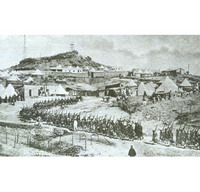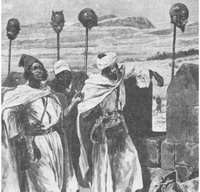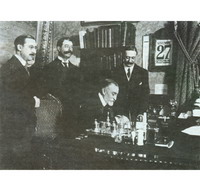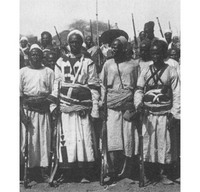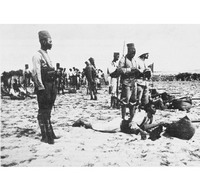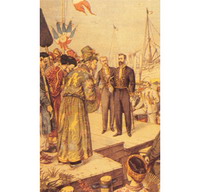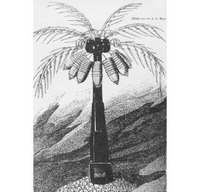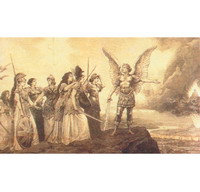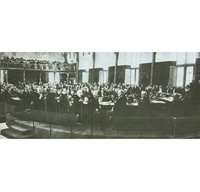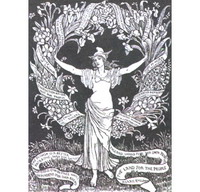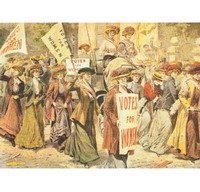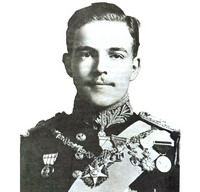last third of XIX - beginning XX centuries. characterized by the further development of industrial society in the leading countries. During this period industrial production grew almost threefold. Especially Germany has developed rapidly, which has pressed the world leader even England. Between these countries broke competition in economy and political sphere.
Expanding industrialization required new forms of production and large financial investments. Financial and material resources are concentrated in the hands of a narrow stratum of bankers and industrialists, called the "financial oligarchy". Taking advantage of its position, they monopolized the industry and played a crucial role in political life.
Monopoly - is establishing an entrepreneur or group of employers control over one or more industries to increase profits and eliminate competition. Monopolization has become a serious test of the principle of market economy - free competition. However, monopolization not destroyed the competition, it only postponed it to another plane: unfolding struggle between monopoly has on the world market.
Rapid industrial growth has caused on the one hand, expanding domestic market, and with another - contributed to the growth of foreign trade, which is based on the improvement of transport has become an important factor in economic life. National producers done too tight in the domestic market, and they sought to conquer new markets. This led to the aggravation of international relations. Restrictions to trade, the desire to reduce cost producers of goods resulted in the appearance of a new phenomenon - the export of capital. This contributed to the final formation of the world market, the dominant role which won the European countries, including England, France, Belgium, Germany.
Formation of the global economic system based on the expansion of European capital is often carried out by violent means. At the turn of XIX - XX centuries. the process of creation of colonial empires. Largest and most abundant of which was British. An important prerequisite for such a state of England was its domination of the seas. No state of the world could not even compare to its naval might. However, this situation has caused dissatisfaction in England Germany, a rapidly nahanyala "Volodarka Seas" and demanded their share of colonial possessions.
So at the end of XIX century. the world has developed a fundamentally new system of relations that led to the formation of political-military alliance of the leading countries in the world to secure and win the world championship. The first step in this direction has made Germany what rvalasya to world domination. It became clear that the Union of Three Emperors (Germany, Austria-Hungary and Russia), founded in 1873, is unsustainable and does not ensure the aspirations of Germany. In 1879, signed the Austro-German alliance, and in 1882 Germany, Austria-Hungary and Italy made a Triple Alliance. Formation in the center of the powerful European Union threatened the interests of France and Russia, in 1891-1893 in response he drew up its own union.
remained a great power - Britain, which depended on the position of advantage of some of the blocks.
end of the XIX century. England are still pursuing a policy of "brilliant isolation '(indirect interference in the affairs of European countries). The only concern for England was its colonial empire. Maintained a strained relationship with France through the distribution of colonies in Africa and Asia. In 1902, signed the Anglo-Japanese alliance directed against Russia, which gave Japan the opportunity to win the 1904-1905 Russo-Japanese War. However, in British political circles growing awareness that the main danger for England is from Germany, that it continues to prepare for war to redraw the world. In particular, Germany began construction of the mighty ocean fleet. So the Anglo-German rivalry in economic and military led to the revised foreign policy of England. In 1904 she signed a secret deal with France ("I heartily agreed - the Entente), and in 1907 - Anglo-Russian Convention.
main focus of policy of great powers within these unions were preparing for World War II for the redistribution of already divided world. The first such war began in late XIX century.: Spanish-American (1898), the Anglo-Boer (1899-1902), the Russo-Japanese (1904-1905), Italian-Turkish (1911-1912) . But war broke out and serious international crises: And the Moroccan (1905), Bosnian (1908), Moroccan II (1911), Balkan (1912 - 1913).
Meanwhile, as many own nation in the world wars, Europe was in relative peace (from 1871 till 1914). Only turbulent Balkans were called "powder magazine" Europe.
Despite Revolution XVIII - XIX centuries. Europe remained much of the past. Therefore, in the internal affairs of governments of leading countries of Europe cared power struggle between supporters of the monarchy, republic, social reforms and so on. In this fight happened formation principles of European democracy.
in political life continued to play a leading role of the old aristocracy. But completion of becoming an industrial society in the leading countries led out to the political arena of the working class as a significant political force. The natural desire of workers to guarantee their relative social stability engendered widespread working-class and social movements, the dominant ideology which in the second half of XIX - early XX century. was Marxism.
the beginning of XX century. labor movement has made significant progress in ensuring social and political rights of the working class. Almost all countries have established trade unions and social democratic parties, which coordinate their activities within the Second International, which was brought in 1889 to replace the First International (1864-1889 biennium).
Under his pressure in the West began the era of reformism. Its initiators were mostly liberal party. Thanks to reforms in the years 1871-1914 was provided relative social peace, established the first social insurance system, strengthened democratic institutions, laid the basis of mechanisms of state regulation of social and economic processes.
 English
English
